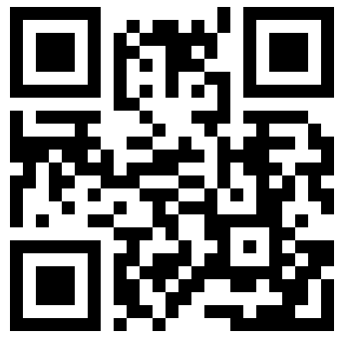Phone
+86 18630938527
The rapid development of medical technology has brought a new tool to the medical field - medical ultrasound scanners. This technology uses ultrasound to generate images, enabling doctors to observe the organs, blood vessels, and tissue structures inside the human body in real-time during surgery, thereby improving the accuracy and safety of the surgery. This article will explore the current application status and challenges of medical ultrasound scanners in general surgery.
1、 The Application Status of Medical Ultrasonic Scanners
1. Real time navigation and positioning
Accurate positioning is one of the keys to successful surgery in general surgery. Traditionally, doctors rely on the naked eye and hand touch to determine the position and size of organs, but this method often has certain errors. Medical ultrasound scanners can provide real-time internal structural images, helping doctors accurately locate and navigate surgical instruments.
2. Detection of lesions and injuries
Early detection of lesions and injuries is crucial for the success of treatment in general surgery. Medical ultrasound scanners can detect and identify tumors, thrombi, cysts, and other lesions through high-frequency ultrasound, helping doctors conduct comprehensive evaluation and planning before surgery.
3. Guiding and guiding surgical instruments
In complex surgical procedures, medical ultrasound scanners can be used to guide and guide the position and path of surgical instruments. By observing images in real-time, doctors can more accurately perform operations such as cutting, suturing, and implantation, thereby reducing the risk of surgery and the incidence of complications.
2、 Challenges in the application of medical ultrasound scanners
1. Learning and training costs
Medical ultrasound scanners are complex devices that require doctors to possess certain technical and operational abilities to use. However, the current training and learning system is not yet perfect, and doctors need to spend a lot of time and energy learning and mastering this technology, which increases the threshold for application.
2. Image quality and interpretation
The image quality generated by medical ultrasound scanners directly affects the diagnosis and judgment of doctors. However, due to the complexity and diversity of the internal structure of the human body, there are still certain challenges to the consistency and clarity of image quality. In addition, doctors also need professional knowledge and experience in interpreting and analyzing images.
3. Limitations of surgical environment
The application of medical ultrasound scanners in surgical environments also faces some limitations and challenges. For example, noise and vibration in the operating room may affect the transmission of ultrasound and image quality. In addition, tissue changes and blood flow during the surgical process may also cause deformation and blurring of the image.
3、 Future Development and Prospects
Although medical ultrasound scanners pose some challenges in general surgery, with the further development of technology and the accumulation of clinical practice, these problems will gradually be solved. In the future, we can look forward to the following development directions:
1. Technological improvement and innovation. The hardware and software technology of medical ultrasound scanners will continue to be improved to improve image quality and interpretation accuracy. At the same time, intelligent and automated functions are expected to be applied in the surgical process, further improving the efficiency and safety of surgery.
2. Improvement of education and training. Strengthen the training and education of doctors on medical ultrasound scanners, improve their technical operation ability and image interpretation ability, and better apply them in surgical practice.
3. Multi disciplinary cooperation and exchange. The widespread application of medical ultrasound scanners requires interdisciplinary collaboration and communication. Experts from different fields can promote the further development of medical ultrasound scanners in general surgery through joint research and cooperation.
Conclusion:
Medical ultrasound scanners, as an innovative medical technology, have achieved certain applications and results in general surgery. However, in the face of challenges and limitations, we still need to make continuous efforts to further improve and promote its application. I believe that with the continuous development of technology and the accumulation of clinical practice, medical ultrasound scanners will play a greater role in general surgery and bring better treatment effects and quality of life to patients.
Last:Application and Progress of Ultrasound Scanner in Breast Ultrasound Guided Biopsy
Next:The role of ultrasound scanners in assisted reproductive medicine
If you have any questions, please contact us!
CONTACT US

